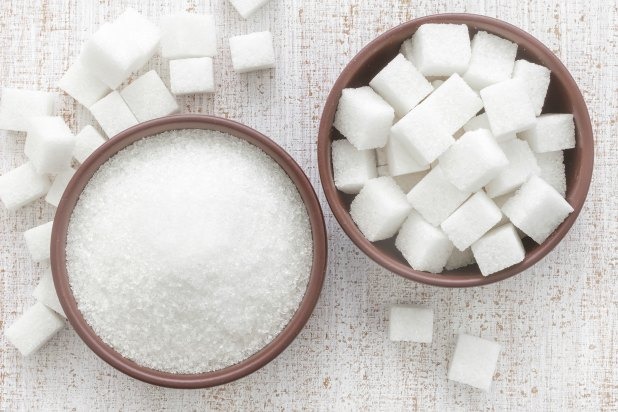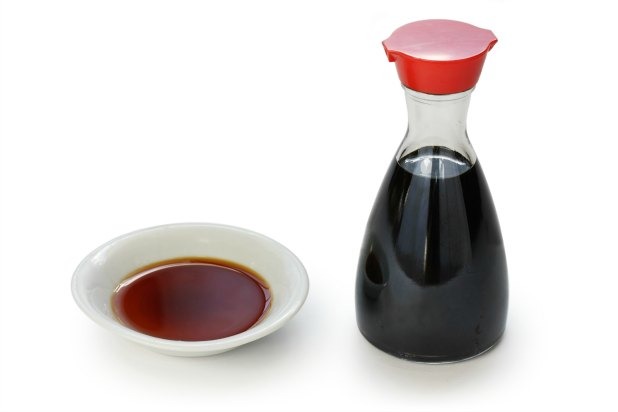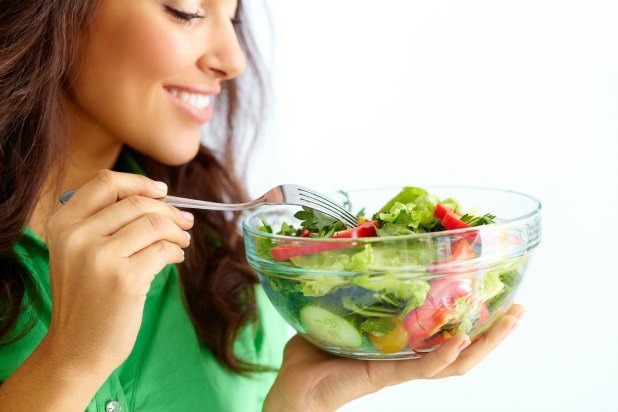8 Things You Didn't Know About Gluten (Slideshow)
Gluten is a naturally occurring elastic protein found in a number of foods. Though foods like corn also contain forms of gluten, gluten-free eating has come to mean the avoidance of gluten found in wheat, barley, and rye products. This means avoiding beer, many types of bread, baked goods, pastas, and cereals as well as certain salad dressings, sauces, soups, and food colorings.
Gluten-Free Eating May Alleviate Migraines
Studies have shown that a gluten-free diet is an effective treatment for migraine headaches. One study even showed the total disappearance of severe migraine attacks when participants adopted a gluten-free diet.
Gluten-Free Foods Won’t Necessarily Help You Lose Weight
A gluten-free diet is often confused with a carbohydrate-free diet (which likely contributes to the myth that a gluten-free diet will help you lose weight). A gluten-free diet still includes starchy foods like corn and rice. Ultimately, if you consume more calories than you expend (regardless of whether they come from gluten or not) you will gain weight.
Gluten-Free Products Often Have More Salt and Sugar
Pre-packaged gluten-free products are another reason that going gluten-free won't necessarily help you lose weight. Often times, when something is taken out of food (think reduced-fat, low-fat, or gluten-free), extra salt or sugar is added to make the food more palatable.
There’s Gluten in Some Cosmetics
Cosmetics and beauty products can contain gluten. Though the gluten can't be absorbed through your skin, most people unknowingly ingest small amounts of cosmetics and toiletries when they use a product on their hands or around their mouth. Basically, anyone with diagnosed Celiac disease should be wary of gluten in cosmetics as well.
Gluten is Hiding in Some Foods
There are a number of surprising sources of gluten. If you're trying to go gluten-free be sure to check the label on processed foods, such as lunch meats, soups, sauces, salad dressings, and syrups. They can all contain gluten.
Going Gluten-Free Isn’t Necessarily Healthy
Unless going gluten-free has encouraged you to eat more fruits vegetables and gluten-free whole grains, you may actually be harming your health. If you're going gluten-free, be sure to pay extra attention to your fiber, iron, and vitamin B intake.
It is the Only Way to See if You’re Gluten-Intolerant
Because gluten sensitivity and intolerance aren't medically diagnosable, the best way to determine whether you're having health problems from eating gluten is to try a gluten-free diet. Just be sure to talk to your doctor if you're considering going gluten-free.







